After taking Nagorno-Karabakh, Azerbaijan is now eyeing a strategic strip of Armenia
A narrow corridor of Armenia sits at a strategic crossroads that Azerbaijan, Iran, Turkey and Russia are all competing to access – prompting fears it could soon be at the centre of a new war, writes Francesca Ebel

Outside the old Meghri train station in southern Armenia, a rusting locomotive, emblazoned with a fading emblem of the Soviet Union, sits on the tracks, as if still waiting for passengers who stopped coming long ago.
The station’s overgrown courtyard and dilapidated waiting rooms were once filled with Armenians, Azerbaijanis and visitors from across the Soviet Union, travelling between Baku and Yerevan, or Moscow and Tehran. A modest cafeteria sold tea and snacks, and in summer, fruit sellers on the platform hawked persimmons and pomegranates, grown locally in the orchards that hug the valley.
Meghri sits at a strategic crossroads that regional powers, including Azerbaijan, Iran, Turkey and Russia, are competing to access – prompting fears it could soon be at the centre of a new war.
Located just north of the Aras River and the Iranian border, Meghri is hemmed in by Azerbaijani territory. To the east lies Azerbaijan proper, whose border with Armenia has been shut since 1991. Roughly six miles to the west lies Nakhchivan, a landlocked Azerbaijani exclave that Baku has long dreamed of connecting to its mainland. A sliver of Nakhchivan borders Turkey.
Azerbaijan calls Meghri, and the rest of Armenia’s Syunik province, the Zangezur corridor.
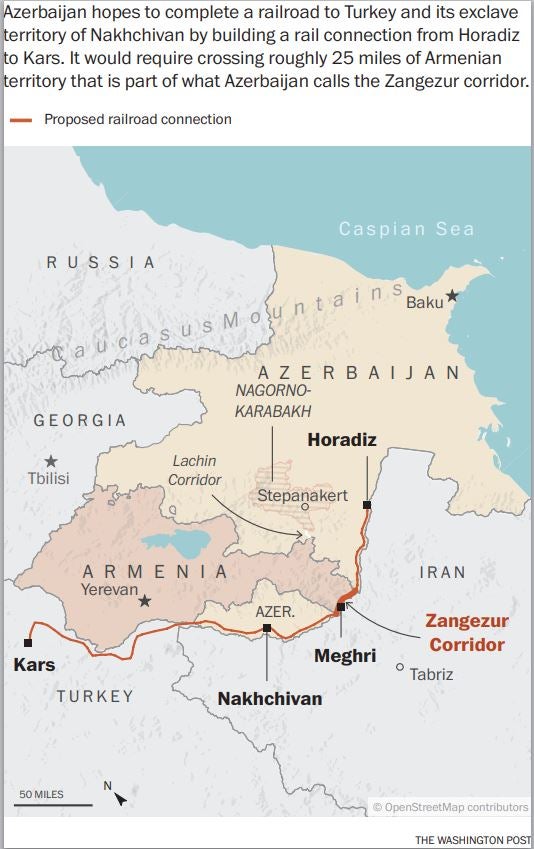
Its president, Ilham Aliyev, has described opening this corridor as a top objective – one that is now in direct focus after Baku last month recaptured the long-disputed territory of Nagorno-Karabakh.
The Zangezur corridor is a broken link in a longer, potentially highly lucrative east-west route called the “Middle Corridor” that would connect China and central Asian countries to Turkey via Azerbaijan.
Yerevan pledged to open transport routes to Baku as part of a 2020 ceasefire after a brief war in Nagorno-Karabakh. But since then, Armenian officials have baulked, saying that any such arrangement would effectively be the occupation of Armenian territory.
Betrayed by Moscow, which failed to prevent Azerbaijan’s military operation in Nagorno-Karabakh, Armenia now wants full control of the route. And it no longer wants Moscow’s security forces, which have guarded Meghri’s borders since the 1970s, involved.
Azerbaijan, meanwhile, is pressuring Yerevan for unfettered access to the corridor, aiming to reopen the old Soviet railroad from Baku to Nakhchivan, as well as a highway for cars. It has already begun building infrastructure in preparation for the route.
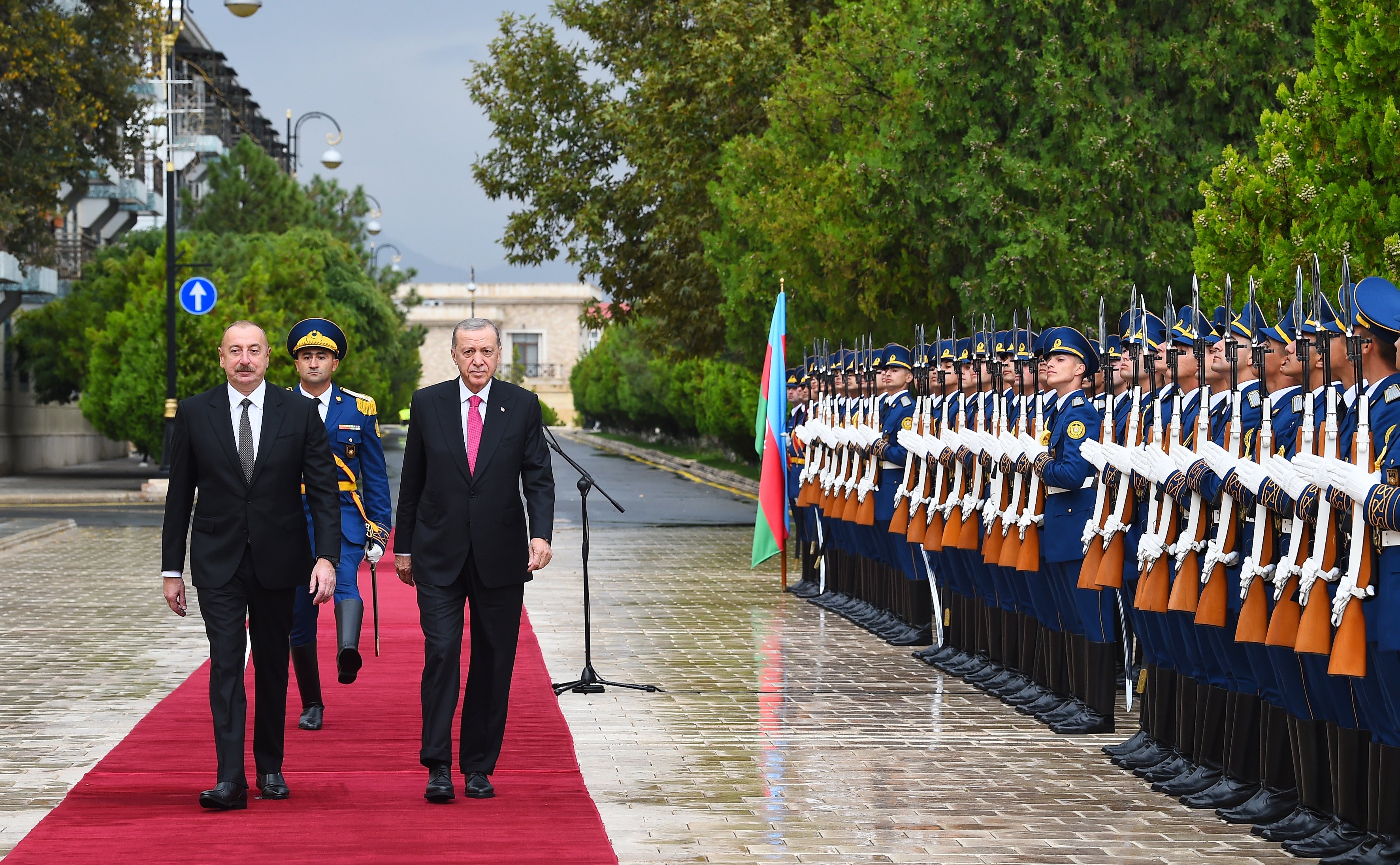
Aliyev has signalled that Baku would use force to seize the corridor if the 2020 deal is not upheld. “We will implement the Zangezur corridor, whether Armenia wants it or not,” he said in 2021.
“I think the threat of a flare-up is very real,” says Stefan Meister, a South Caucasus expert at the German Council on Foreign Relations. “The Azerbaijanis have a maximalist approach… if they can take it, they will do it.”
Thomas de Waal, a senior fellow at Carnegie Europe who specialises in the region, says there are “two competing visions for the same east-west route,” with Armenia backed by the West, and Azerbaijan, Russia and Turkey aligned together.
“It is more likely that Baku and Moscow will jointly use all their pressure points on the Armenian government to coerce them to accept their plan,” de Waal says. “So this is shaping up into a real contest.”
Turkey and Russia, which would benefit from expanding transport links crossing Armenian territory, have backed Aliyev’s plans. Russia, especially, wants this southern route to circumvent Western sanctions. Moscow has been using Azerbaijan to continue selling oil despite import bans and a price cap regime coordinated by the G7 nations.
But Iran, a powerful ally of Armenia and its only friendly neighbour, has strongly opposed the project, averse to any alterations to its border with Armenia. The proposed plan would hinder, if not disconnect, free trade and traffic between the two countries. It could also reduce profits from Iran’s gas contracts with Turkey and Azerbaijan.
Azerbaijan’s lightning offensive in Nagorno-Karabakh last month, which prompted more than 100,000 of the region’s ethnic Armenian residents to flee, has raised concerns that Baku may use force to get its way in the transit corridor dispute.
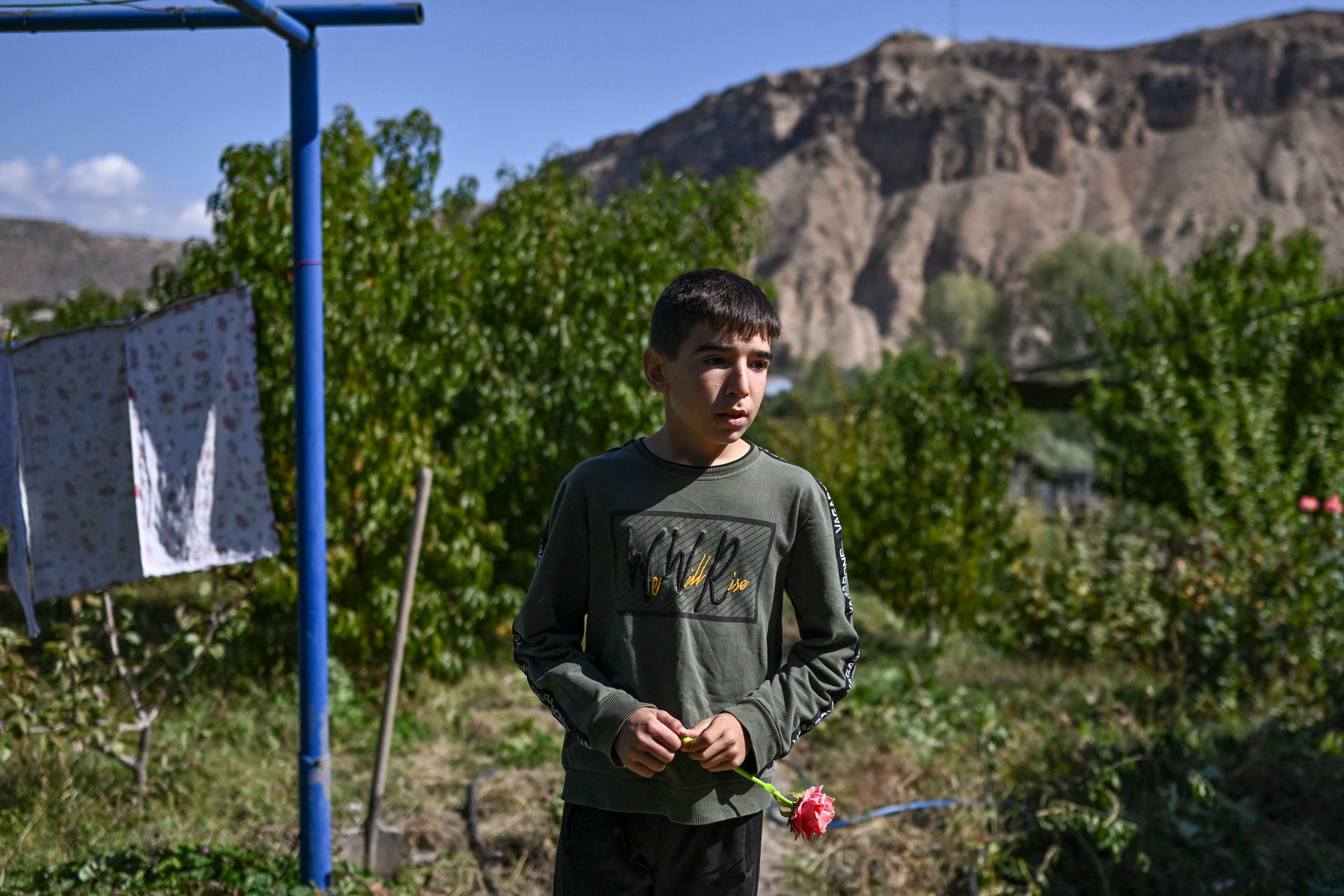
It was a war between Azerbaijan and Armenia that originally shuttered Meghri station.
At its peak during the Soviet era, the station had 70 employees. Armenian and Azerbaijani residents lived side by side. One year, even one deputy mayor of Meghri was Azerbaijani.
But in 1992, with Armenia and Azerbaijan at war over Nagorno-Karabakh, revenge attacks escalated. A group of Azerbaijanis hijacked the train running from Yerevan to Kapan as it passed through Nakhchivan and took 12 wagons full of mostly Armenian passengers hostage for a week.
As official negotiations stalled, a group of men from Meghri took matters into their own hands. Climbing the high mountain paths to a radar station, they bribed a Russian border guard to let them cross into Nakhchivan. Then, disguised as Russians, they kidnapped a local man – a relative of an Azerbaijani official – who was exchanged for the 14 remaining passenger-hostages. Baku and Yerevan later signed an accord to safeguard passenger transport.
The next year, however, a rumour spread that Azerbaijanis had abducted a busload of Armenian passengers further north. A lynch mob of angry Armenian residents gathered at Meghri station. Thinking that Baku had violated the accord, Arman Davtyan, the deputy station director, halted the train.
“I gave the order to the duty officer to stop the incoming train,” Davtyan said in a recent interview, a smile twitching at the corners of his mouth, “and by doing this, I very nearly risked an international crisis.”
After two days of talks to ensure locals would not ambush the passengers, the train departed from the station – one of the last to ever leave Meghri. The station closed a few months later, in 1993, along with the whole line from Baku to Nakhchivan.
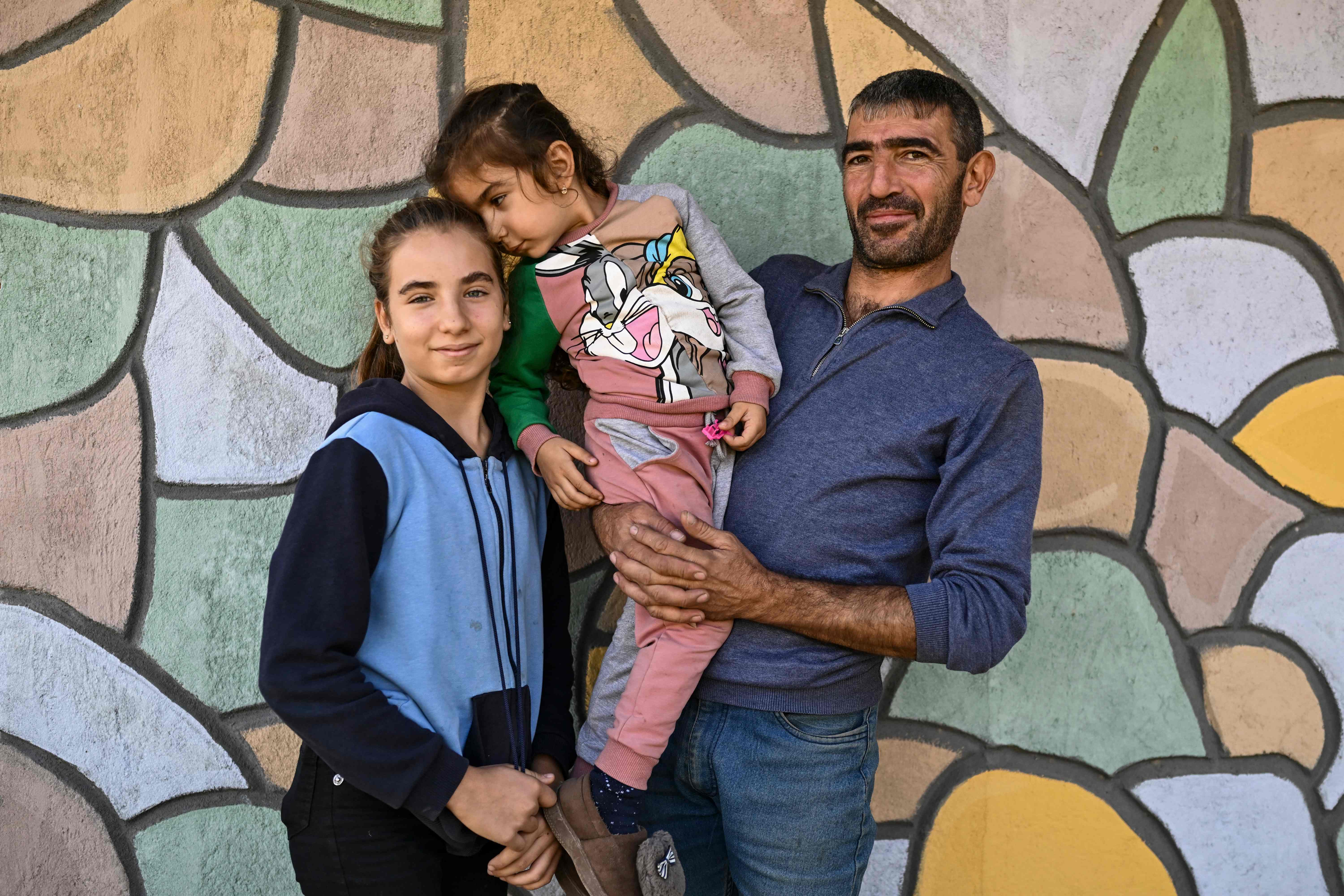
But despite the railroad’s dark history, Davtyan – who worked at the station for 25 years – wants to see it reopened.
“My honest opinion as a railway employee is that it’s more in Armenia’s interests than Azerbaijan’s,” he said. “It would be very important for our economy.”
Meghri mayor Bagrat Zakaryan, 40, said the local government would be willing to reopen the old railway.
“We understand the necessity of doing this, and it’s beneficial for us too,” Zakaryan said in an interview. “We cannot oppose the whole world. If we don’t compromise, people will turn away from us.” Still, he said, Armenia needed some guarantees. “Otherwise,” he said, "Baku will just take more and more, bit by bit.”
But, he said, a shared highway was risky.
“It is impossible for people to share the same road with those who have killed their children or relatives,” he said. “What if people want to take revenge? It’s a security issue.”
Indeed, many Meghri residents are sceptical of any plans to reopen transport.
“I don’t want this railway back again. We are living peacefully here without it. I don’t trust the Azerbaijanis,” said Silva Hovakian, 63, a retiree.
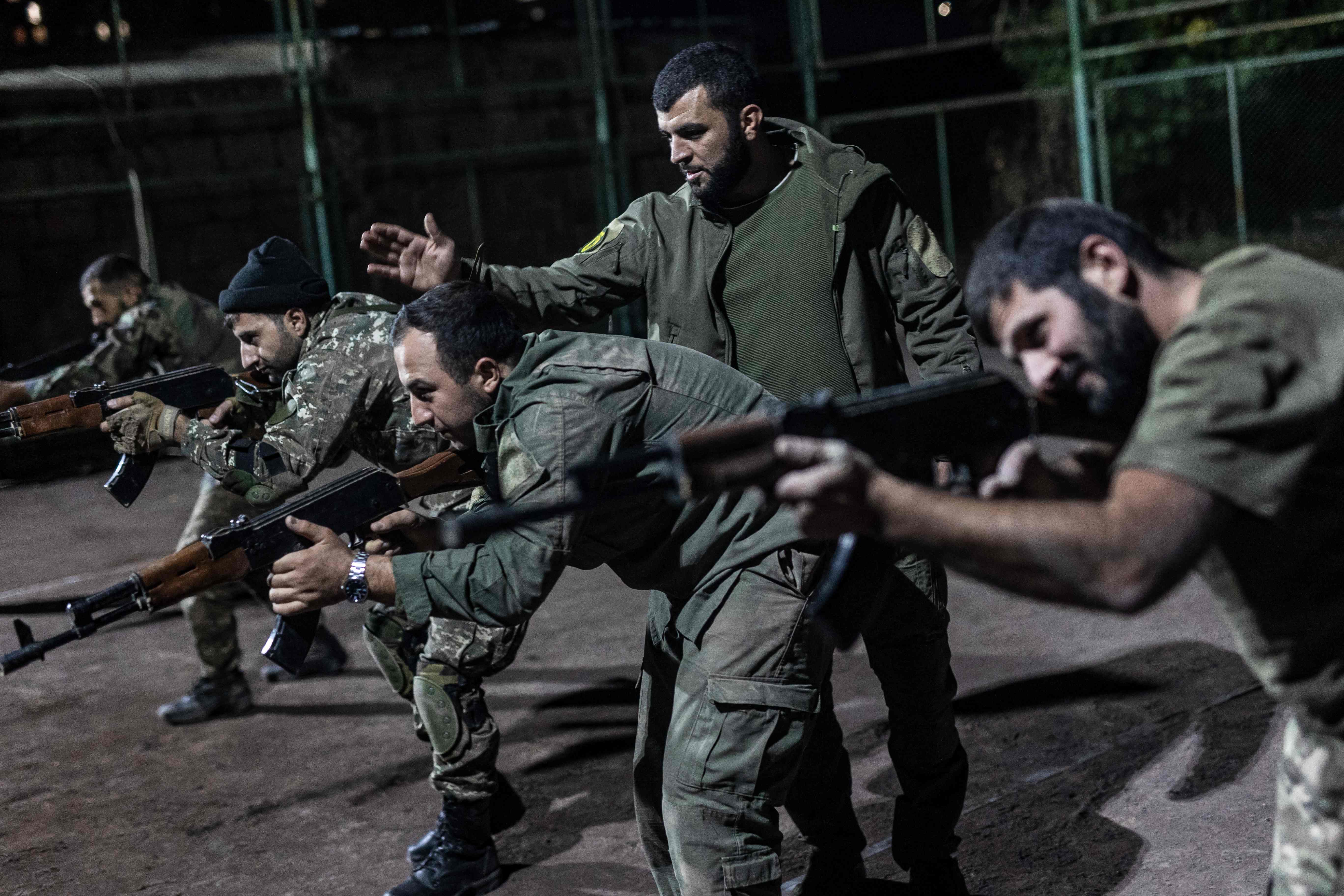
Marat Khachatryan, 70, a vegetable seller, remembers the old train line well. It would take 12 hours to get from his native Kapan to Yerevan. In those days, the train passed through Nakhchivan and, Khachatryan said, Azerbaijanis would sometimes throw stones at the windows.
“Once I was sitting in the carriage and a stone shattered the window and flew right past me – it was terrifying,” he said. “I always sat away from the windows after that.”
He added: “Even though there was no war then, and it was communist rules and society; there was still a lot of hatred. I don’t want the train line,” Khachatryan said. “We don’t need it. The Azerbaijanis could stop off in Meghri and just do whatever they want.”
Baku insists these fears are unfounded. Elin Suleymanov, Baku’s ambassador to Britain, says those fearing Azerbaijani military action are living in “a paranoid dreamworld” and that Azerbaijan has no military objectives on Armenia’s territory.
Meanwhile, Davtyan, the station’s former deputy director, says that transit should not be blocked by politics. “Yes, you can expect anything from the Azerbaijanis,” Davtyan says. “But there are nations who have been enemies for centuries and who still have transport links. We have recognized borders. We have to believe in international law and order.”
© The Washington Post
Join our commenting forum
Join thought-provoking conversations, follow other Independent readers and see their replies
Comments
Bookmark popover
Removed from bookmarks